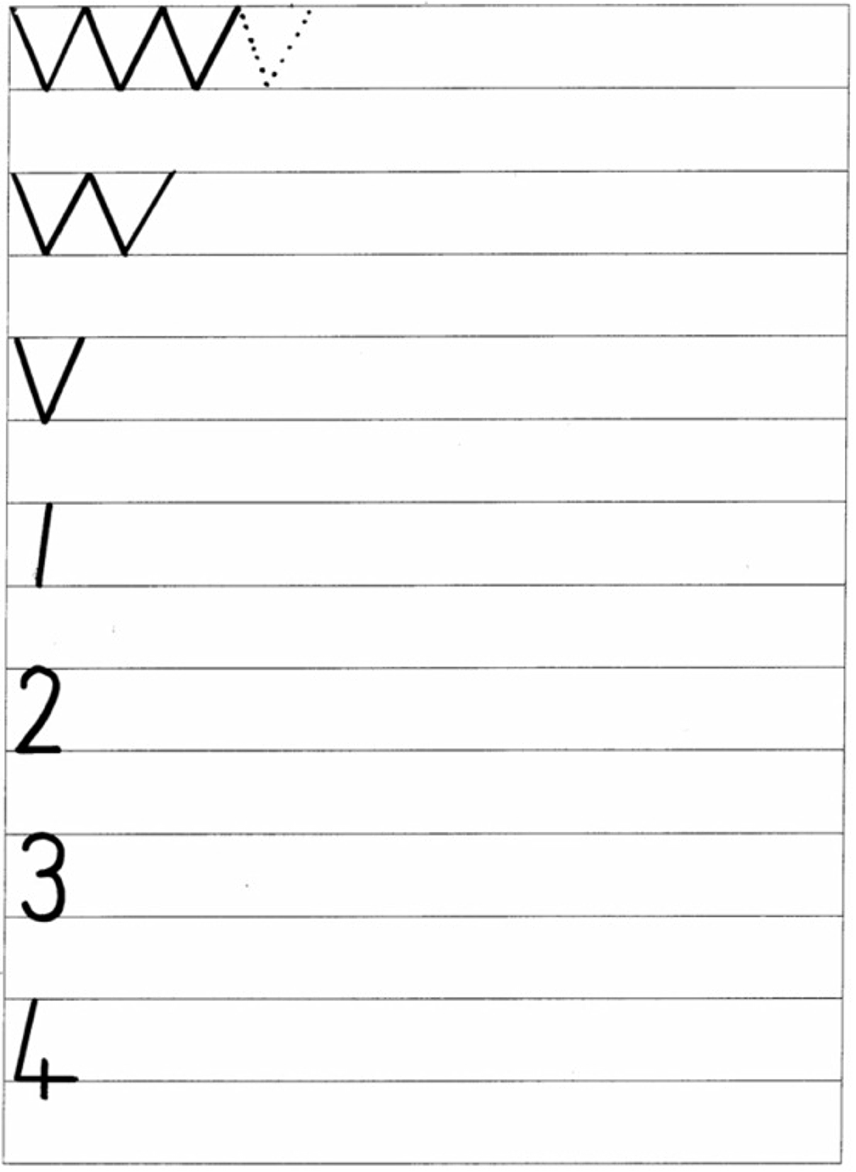| << Chapter < Page | Chapter >> Page > |
Educator’s page :
The adventures of the Wops family are closely related to the experience of every learner in Grade I, boys as well as girls. They may be exposed to a different environment if they live in towns and cities and through the stories become aware of what it is like to live in a forest without the ordinary amenities like running water and electricity.
Educators need to remember that many learners in Grade I will not have attended Grade R and consequently skills, strategies and concepts for Grade R will not have been learnt. The educator in Grade I must ensure that these are covered in the work that is done with these learners.
Listening and speaking should form a firm foundation on which to build literacy. The degree to which learners can speak their home language will vary according to circumstances, and educators should be aware of their levels of competence.
Language development is a gradual process and learners need the support of the educator to become increasingly more accurate in the use of their home language.
In Grade I learners become involved in listening to and reading stories, writing for genuine purposes, and learning phonics. The classroom environment should be a place that reflects and encourages all aspects of learning the home language.
Time scheduled for the modules 1 to 8
All learners should complete all eight modules doing approximately two modules per term. Allow the learners to proceed at their own speed.
During a game Licky’s tail breaks off.
Everyone is very sad and worried until the wise old owl in his wisdom enlightens them.
High frequency words and new vocabulary are revised in a game.
Integration of themes
With Licky losing his tail, learners become sensitive to people with disabilities. They need to be respected and to have special care. Feelings are discussed and learners are made aware of things causing sadness, unhappiness and fright.
Learners learn about lizards who grow new tails when the old one falls off. They learn to appreciate living creatures in nature.
The children are speechless. Licky has lost his tail.
Then Willy speaks, “Licky’s tail must be here somewhere. Let’s look under the leaves and twigs. We must find his tail. Maybe then the Wise Old Owl will tell us how to fix it on again.”
Everybody starts looking. The Wops, Walter and Licky are all searching for Licky’s tail. They look under the leaves and the twigs. They look between the roots of the trees. They look under the berry bushes but they can’t find Licky’s tail. Even Mummy Wop and Daddy Wop come and help. Some Toobies who are nearby also join in. Mr Mole’s eyesight is not so good. He can’t really help them. Instead he brings them cool drinks and encourages everyone to try and find Licky’s tail.
Licky is very sad. He loves his beautiful long tail and he doesn’t feel complete without it. His whole body feels different. He can’t run properly either. Poor Licky!
(to be continued)
1. Where do you think will they find Licky’s tail?
…………………………………………………………………………………………..
…………………………………………………………………………………………..
…………………………………………………………………………………………..
2. Where did they look for Licky’s tail?
…………………………………………………………………………………………..
…………………………………………………………………………………………..
…………………………………………………………………………………………..
3. How does Licky feel?
…………………………………………………………………………………………..
…………………………………………………………………………………………..
…………………………………………………………………………………………..
4. How would you feel if you lost a part of your body?
…………………………………………………………………………………………..
…………………………………………………………………………………………..
…………………………………………………………………………………………..
| LO 1.3.6 | LO 2.1 |

| LO 4.1.2 | LO 4.1.3 |
Learning Outcome 1: LISTENING: The learner is able to listen for information and enjoyment and respond appropriately and critically in a wider range of situations.
Assessment Standard 1.3: We know this when the learner listens with enjoyment to short stories, rhymes, poems and songs from a variety of cultures, and shows understanding:
1.3.6 answers open questions about the story;
Learning Outcome 2: SPEAKING : The learner is able to communicate confidently and effectively in spoken language in a wide range of situations.
Assessment Standard 2.1: We know this when the learner talks about personal experiences, feelings and news;
Learning Outcome 4: WRITING : The learner is able to write different kinds of factual and imaginative texts for a wide range of purposes.
Assessment Standard 4.1: We know this when the learner writes with increasing legibility:
4.1.2 develops letter formation and handwriting skills, drawing patterns, tracing and copying word);
4.1.3 forms letters of the alphabet successfully.

Notification Switch
Would you like to follow the 'English home language grade 1' conversation and receive update notifications?